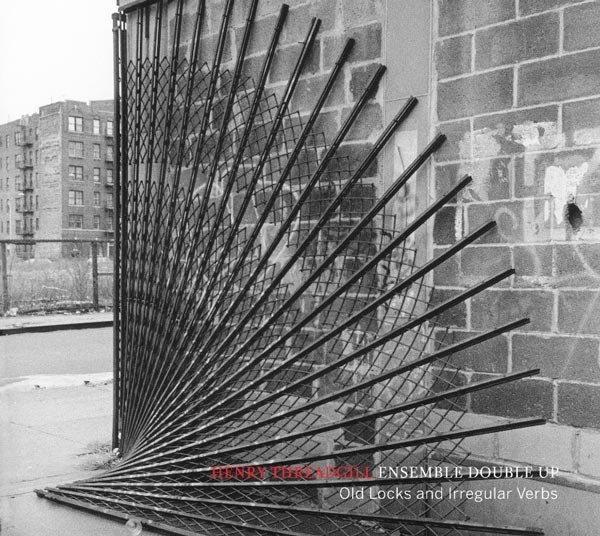| Columns Retired Columns & Blogs |
I have been wanting to check out HT- FK.

An alto saxophonist and flutist of distinctive fluency, Threadgill, 72, is also one of the era's most inventive—and influential—jazz composers. He was an original member of the Chicago-based Association for the Advancement of Creative Musicians (along with Lester Bowie, Anthony Braxton, and Muhal Richard Abrams, among others), and, from that hothouse, spawned several bands fusing the ancient and the avant-garde. His first triumph, in the 1970s and '80s, was Air, a trio with fellow AACM members Fred Hopkins and Steve McCall, which revitalized ragtime's group improvisation (six years ago, Mosaic put out a wonderful 8-CD boxed set of its complete works). This was followed by several larger ensembles, which expanded the range of styles and timbres. His Pulitzer winner was the 6th album by his quintet called Zooid, which consisted of alto sax, electric guitar, electric bass, tuba or trombone, and drums.
Old Locks and Irregular Verbs (many of his band names and album titles are mysterious, to say the least) marks the debut of a new septet, called Ensemble Double Up—two pianos (Jason Moran and David Virelles), two alto saxes (Curtis MacDonald, who has the same piercing sound as Threadgill, and Roman Filiu), cello (Christopher Hoffman), tuba (Jose Davila), and drums (Craig Weinrib). Threadgill, for the first time on one of his albums, doesn't play at all, but instead conducts.
The album is dedicated to Lawrence "Butch" Morris, who died in 2013. A cornetist and composer, Morris played with Threadgill in the David Murray Octet, one of the great bands of the '90s, and, around the same time, devised a technique of conducting improvisational ensembles that he called "conduction," whereby, through a series of gestures, he would direct one section of the band, then another, to take up, alter, or provide some sort of counterpoint to harmony, melody, rhythm, tempo, and dynamics.
Though Threadgill (like many other adventurous composers of the time) was inspired by the possibilities that Morris opened up, Open Locks is not at all a work of conduction. It's a composed-through piece (with, of course, allotments for solos and improvisation), 47 minutes long, split into four movements for purposes of marking tracks on a CD, but written—and heard—as a seamless flow, though one that shifts abruptly, sometimes ferociously, true to the flow of life.
It begins with a piano duet, at first rumbling, then lyrical, with dissonant lacings. This segues into a boisterous cascade of sounds, each band member traipsing along his own path, but all of them somehow interweaving, a spirited tuba pulling the thread. The interplay gets more and more complex, yet never turns cacophonous. Here and there a drum solo will interrupt, or a cello-tuba duet, then the full band reenters the fray. Throughout, there's a sense of an epic tale being told, heady, but drenched with human feeling, all of it leading to the final movement: slow, anthemic, of symphonic dimensions, with gospel intonations, mournful yet giddy, ending on an Ives-ian question mark.
I don't want to give the impression that this is a dry, abstract piece. It's a work of beauty, it mesmerizes, and it also swings like crazy. Jason Moran told me that, in rehearsals, when the musicians got too caught up in the harmonic complexities, Threadgill would signal them to emphasize the rhythm, and everything would lock into place. "Henry danced a lot when we played this piece," Moran recalled of the recording session. "We knew we were on the right track when we'd see Henry up there, dancing."
Probably no engineer could have captured the full dynamics of this ensemble, heard live, but the CD—recorded by Michael Marciano, mixed by Liberty Ellman, and mastered (at Sterling Sound) by Steve Fallone—sounds quite good nonetheless: every line is clear, every instrument tonally true.

I have been wanting to check out HT- FK.